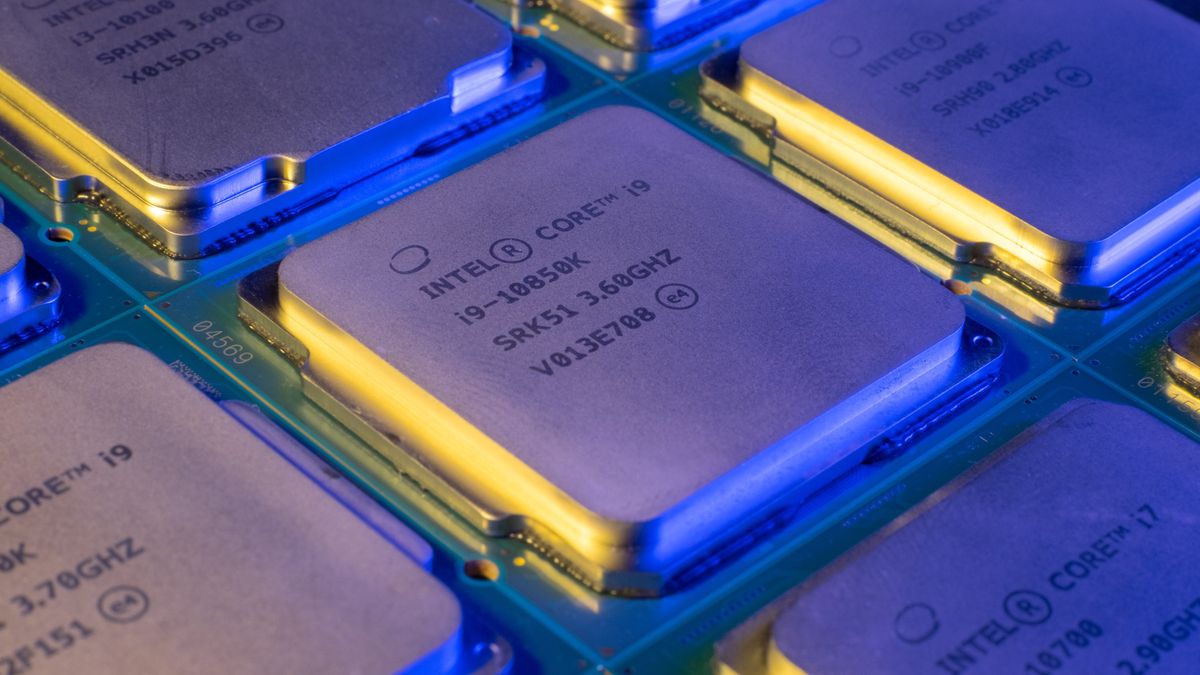Seems like we got blessed with another CPU vulnerability, this time on Intel's side: https://downfall.page
Better update your microcodes!
Better update your microcodes!
Responsible disclosure We reported our findings to Intel
on August 24, 2022. They acknowledged our findings (CVE-
2022-40982) and confirmed that previous hardware fixes and
software mitigation do not mitigate Downfall attacks. Intel
asked for our findings to be under embargo until August 2023.
In ongoing discussions with Intel, they confirmed that they
will mitigate Downfall with a microcode update, which will
be deployed concurrently with the public release of our results.
So my laptop is not affected, at least.It only requires the attacker and victim to share the same physical processor core
Until somebody managed to hide the exploit in software you're running all by yourselfSo my laptop is not affected, at least.
And 12 months are an eternity under race conditions. Vendors do have intelligence about their share in the Zerodays-Market. They know theirCyber security is basically an arms race.
Intel does have a pretty big market share. 12 months is probably a pretty long time. But wouldn't you rather ask for enough time to make sure that a fix actually works, rather than release something quick-and-dirty, and then be red-faced when it's defeated almost as quickly?And 12 months are an eternity under race conditions. Vendors do have intelligence about their share in the Zeroday-Market. They know theircustomersparasits.
Also see:
Zero-day vulnerability - Wikipedia
en.wikipedia.org
This is the the narrative to the public. When scientists approach vendors with a notice, an exploited zeroday on this may already have existed for a long time. If that zeroday is an asset to the "good guys", there is an interest for an prolonged existence. I think it is reasonable that such a potent vendor like Intel is capable of fixing their products within some few weeks, while the "good guys" need time to fix their ass(et).But wouldn't you rather ask for enough time to make sure that a fix actually works
Notices from security researchers are valuable, indeed. But being aware of the vulnerability (and how to exploit it) is only the first step in the direction of fixing it properly. A quick-and-dirty patch is like bug hunting - If not done right, it can mess up things elsewhere. As an example, Spectre/Meltdown was notoriously difficult to fix without a huge performance hit.This is the the narrative to the public. When scientists approach vendors with a notice, an exploited zeroday on this may already have existed for a long time. If that zeroday is an asset to the "good guys", there is an interest for an prolonged existence. I think it is reasonable that such a potent vendor like Intel is capable of fixing their products within some few weeks, while the "good guys" need time to fix their ass(et).
Colin Percival had a working attack on the OpenSSL RSA key using the Intel processor's cache.
From https://en.wikipedia.org/wiki/Spectre_(security_vulnerability)#HistoryAs an example, Spectre/Meltdown was notoriously difficult to fix without ...
On 28 January 2018, it was reported that Intel shared news of the Meltdown and Spectre security vulnerabilities with Chinese technology companies, before notifying the U.S. government of the flaws.
Considering that most electronics are actually assembled and packed in China before being shipped out to markets all over the planet, that's really unsurprising... ?From https://en.wikipedia.org/wiki/Spectre_(security_vulnerability)#History
this is remarkable:

Same here. Since Spectre and Meltdown I refused buying new hardware. I wanted to see how things play out.I suppose I am fortunate, living on the Trailing Edge of Technology™ as none of my processors are on the list.
